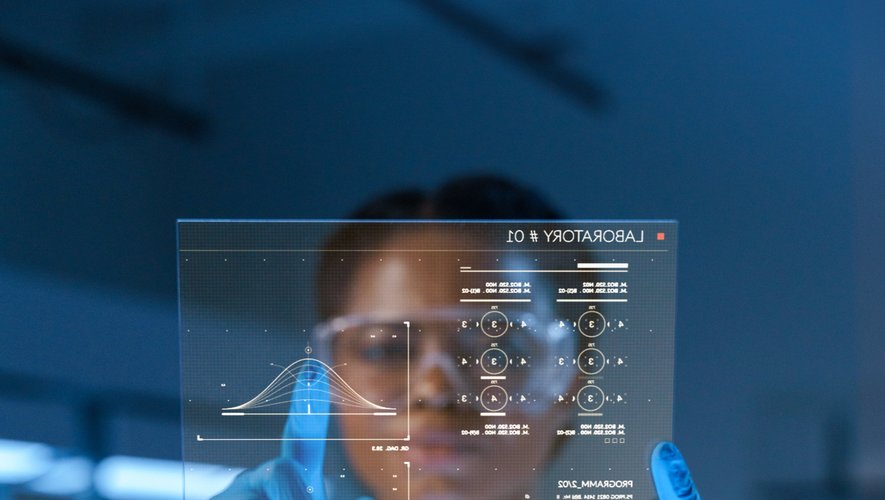While concerns are emerging about the rapid development of artificial intelligence, it is revolutionizing health.
For several months, not a week, not a day without hearing about artificial intelligence (AI), and in particular ChatGPT, the conversational agent developed by the American company OpenAI. Artificial intelligence amazes us when we see it writing perfect texts, amuses us when it generates images from a simple description, but also worries us when we see the fake images of Emmanuel Macron picking up trash cans, of Donald Trump arrested by the police or Pope Francis in a white down jacket. It worries us because we know that we are only in its infancy – MidJouney, for example, has a lot of trouble generating fingers – and that the next so-called generative artificial intelligences will make such progress that many experts draw the alarm bell.
The alert of an AI pioneer
A thousand researchers and experts – including Elon Musk, the boss of Twitter and Telsa… who had let OpenAI slip away – recently asked to suspend research while they have perspective on what is happening. And on May 1, AI pioneer Geoffrey Hinton announced his resignation from Google in a statement to the New York Times, explaining that he regretted his invention, that some of the dangers of AI chatbots were “pretty scary ” and that there are many, according to him, who no longer “distinguish the true from the false”, an essential element of life in society in democracies. Cybercriminals have already started using AI and we also remember that Vladimir Putin predicted that “whoever becomes the leader in this field will be the master of the world”. It was in 2017… States are trying to regulate AI, to give it an ethical framework, to set limits, but progress in the field is so fast – AI will reach the “human level” of ten years from now, according to the boss of Google DeepMind, Demis Hassabis – that it remains very difficult.
However, should we be worried? “To be honest, the future of AI is relatively unknown,” explains Benoît Grunemwald, cybersecurity expert at ESET France. Above all, artificial intelligence can bring a lot to humanity, for example in the field of health and in particular in cancer diagnosis.
Diagnosis, research, prevention
Recently, Le Parisien told the story of Wilfrid Desmares. Doctors could not find the origin of the metastasized cancer of this 51-year-old man. An AI, developed by the Institut Curie, estimated that “90%” of the initial tumor was in the kidneys, making it possible to effectively treat this patient. The tool was honored in mid-April at an oncology congress in the United States.
In this case, the AI surpasses the doctor because it is able to compile millions of data to detect the slightest anomaly, which obviously a human cannot do.
Implemented in telemedicine cabins, AI can detect any irregularity from a simple video consultation of a patient. Integrated into radiotherapy or MRI machines, it can detect small lesions that are difficult to see. At the heart of properly “trained” chatbots, AI can help doctors find the right diagnosis and thus save valuable time in the emergency room… but also free up medical time by taking care of administrative aspects. AI can help surgeons by anticipating the risks of an operation. It can also contribute to medical research by discovering new molecules as drug candidates in record time.
Connected health
Finally, AI can help us on a daily basis to carry out prevention – François Braun is Minister of Health and Prevention. Connected health is thus booming, more and more affordable. The AI can analyze the health data captured by your connected watch and detect any anomalies. Tomorrow, your bathroom mirror will detect your bad looks.
Artificial intelligence in the field of health is, as we can see, dizzying, hence the importance of properly regulating the use of medical data to keep an eye on this useful Big Brother.

